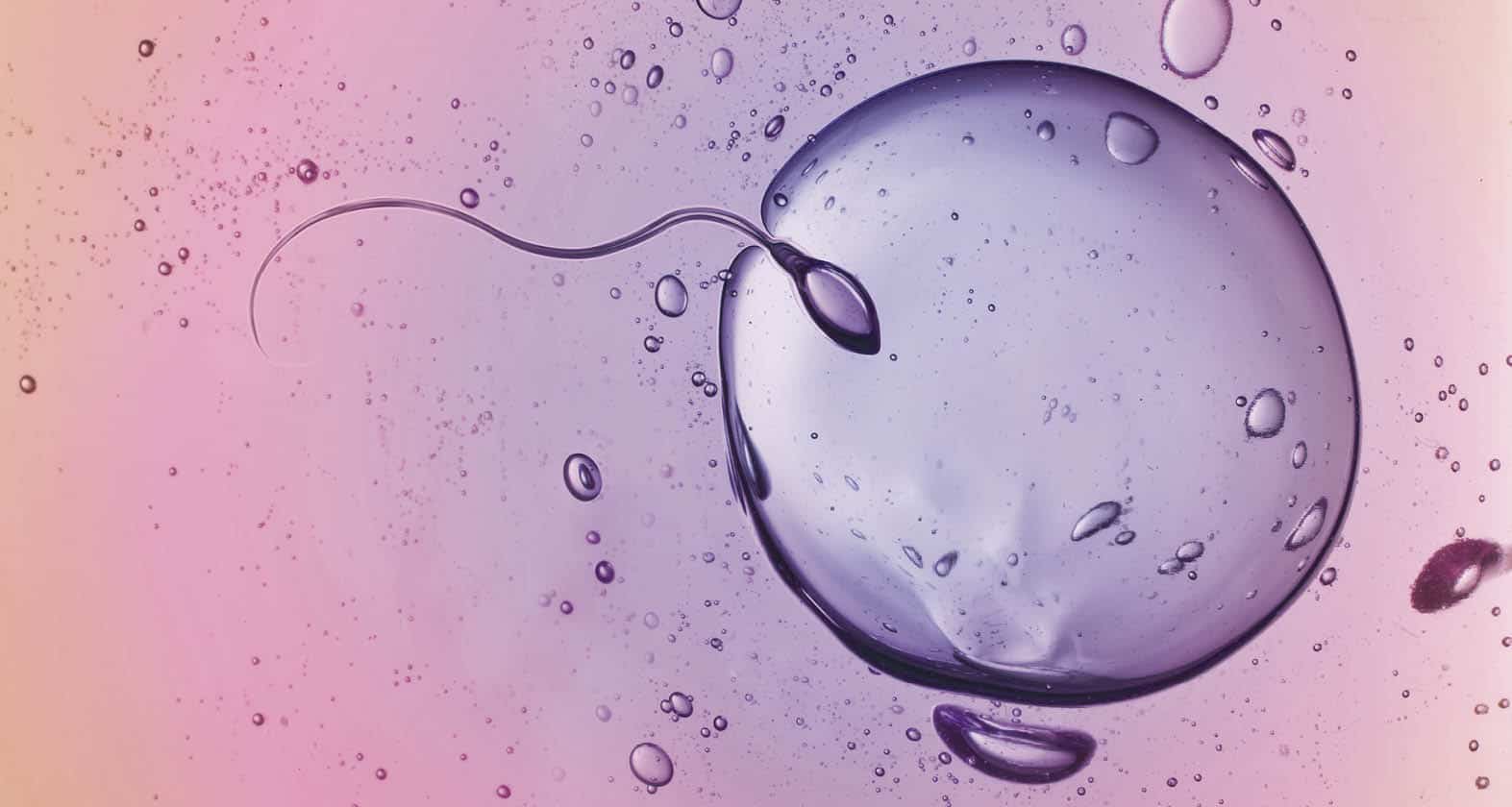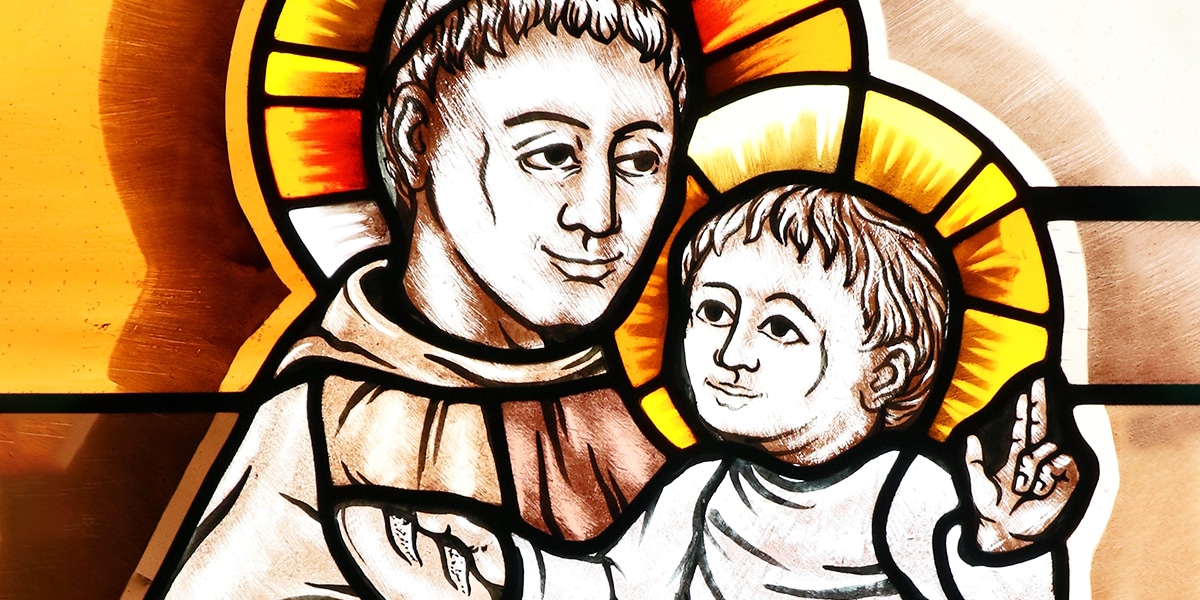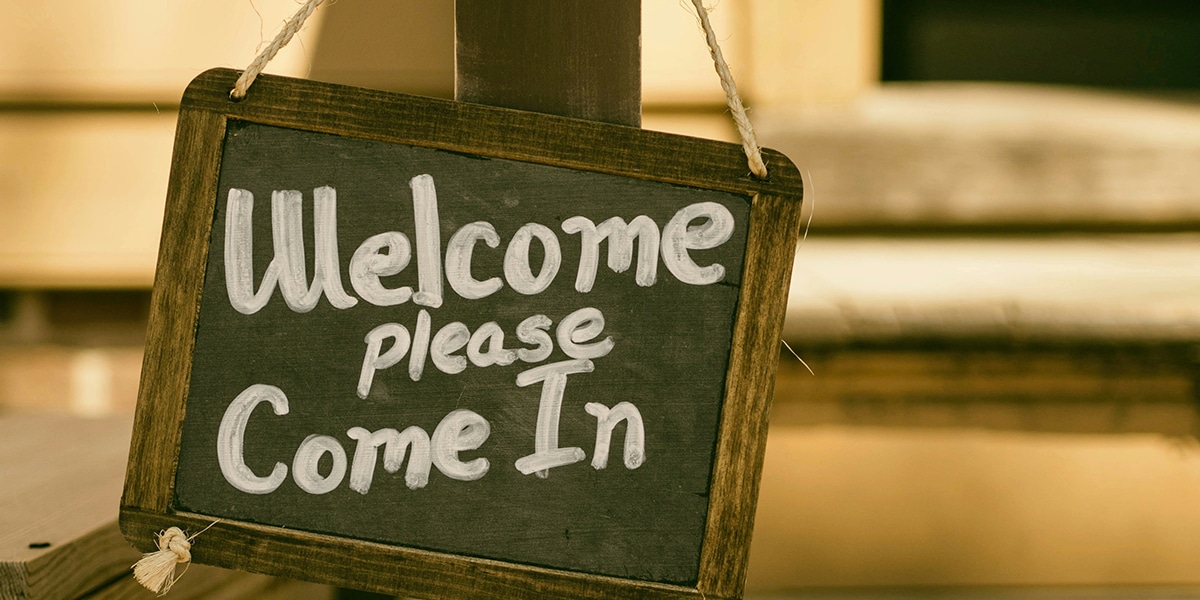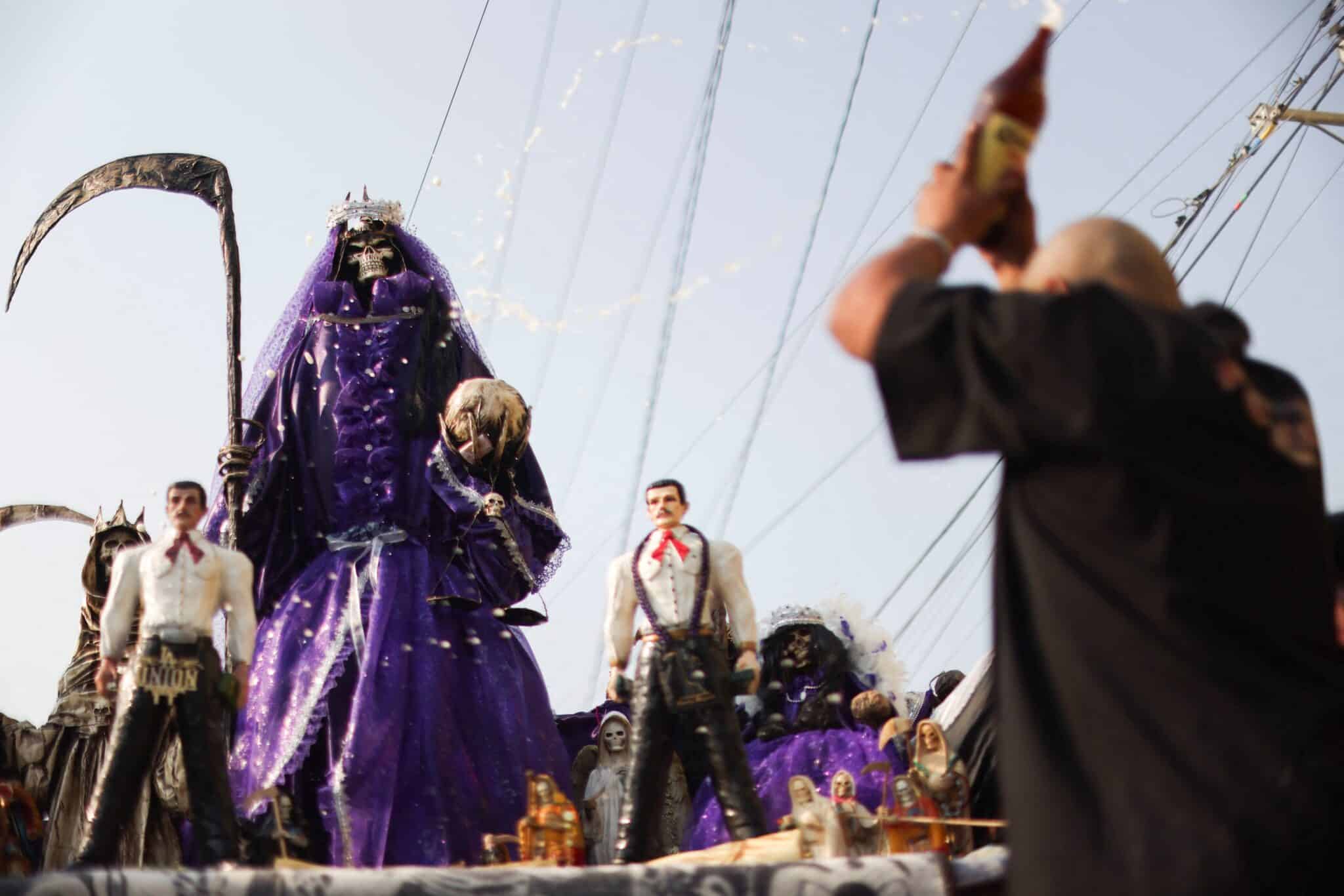A family member was diagnosed with breast cancer and was told not to conceive another child; she has one. She froze her eggs. One of her eggs, fertilized by her husband’s sperm, produced a son with the help of a surrogate. Now, she is giving her frozen eggs to women who can’t conceive. If we are to preserve human life in all its forms, shouldn’t these eggs be given a chance to live? Where does the Catholic Church stand on this issue?
Your family member’s generosity is certainly well-intentioned, but the Catholic Church approves a conception resulting only from a wife’s eggs and a husband’s sperm, fertilized in the wife’s body.
The Catholic Church sees what technology makes possible as not necessarily morally good. The identity of a person conceived in this way is jeopardized because, theoretically, a person could have up to five parents: the couple who want a child, the woman who provides the eggs, the sperm donor, and a surrogate mother.
Some medical techniques can enhance the likelihood of conception for a couple married to each other, assuming the conception occurs in the body of the woman who produces the egg.
Spiritually Abandoned Seniors, Part II
My November/December 2023 column included an entry about elderly Catholics in care facilities without regular access to the sacraments. The person asked, “What are seniors to do if they live in care centers that have no visiting priests to celebrate Mass?” One reader wrote to me with a response to the column, providing the following further information and ideas.
“My husband is a resident in a dementia care facility (almost three years now),” she wrote. “Although ‘Catholic Mass’ was on the printed calendar, I never saw that it happened. Our hospice chaplain (who is wonderful) holds an Anglican service once a month, to which all are welcome, but we were looking for a Catholic Mass as well.”
She reported that she has managed to schedule a YouTube Mass (EWTN) on Sunday afternoon for ev-eryone. To create a prayerful atmosphere, she arranged a table beneath the TV screen with battery-operated candles and silk flowers. A generous eucharistic minister from a nearby parish also began distributing Communion once a month. Residents, their friends, family members, and the aides very much appreciate these Sunday celebrations. A young priest at a nearby parish now plans to celebrate Mass there. Other people may be willing to organize similar gatherings elsewhere. A comfortable multipurpose room with a reasonably large TV screen can help create a church-like environment.
She continued: “I know watching Mass on YouTube isn’t the same as going to Mass at church, but our loving God knows, and we do, too, that ‘church’ is not only a sacred building, but a community of sincere worshippers as well. This arrangement has worked out well for our residents, many of whom are wheelchair-bound. When I see the smiles on faces and hear our friends pray aloud and even sing, I know we are doing a good thing.”
After the November/December 2023 column was published, I learned that Father William Bausch, a noted author and composer, has published Lay-Led Liturgies for Prophetic Times. This book, which won a first-place award from the Catholic Media Association, contains 11 liturgies for major feasts and 10 other devotions and remembrances. It is available from Amazon.
Baptism and Godparenting for Transgendered People
Can a transgender person be baptized or become a godparent?
On November 8, 2023, the Dicastery for the Doctrine of the Faith posted on its website the official response to these questions posed by the bishop of Santo Amaro, Brazil. The responses were approved by Pope Francis on October 31, 2023.
A child of a same-sex couple in a civil union can be baptized, the dicastery responded. An adult who has undergone hormone treatment or gender reassignment surgery can be baptized. If that person was previously baptized, the parish baptismal record is not to be changed.
Gay people living as a couple can be godparents at Baptism, requiring “pastoral prudence” to avoid scandal or confusion among the faithful—and if there is a well-founded hope that the child will be raised a Catholic.
The Dean of the College or Cardinals
What does the dean of the College of Cardinals do? I know that this office exists, but I am not clear about its responsibilities. Can you please shed some light on what this position entails?
This office has evolved over the last millennium. In addition to specific responsibilities, when a pope dies or resigns (called sede vacante), the dean normally fosters communication among the cardinals.
During a sede vacante, the dean’s most important duty is presiding over the general congregations (meetings of cardinals) before a conclave begins. Usually, the cardinals make decisions about the conclave itself and an upcoming papal funeral, if there is one. Because of Pope Benedict XI’s resignation in March 2013, most of the time was spent on cardinals describing the needs of the Church, an important factor in deciding who to elect as the next pope. The dean then was Cardinal Angelo Sodano, who was over the age of 80 and thus could not vote in that conclave.
On November 29, 2019, Pope Francis issued a motu proprio (on his own initiative), changing how the dean is chosen and how long he serves. Until then, the dean was chosen by the cardinal-bishops (a group within the college, previously six heads of dioceses near Rome) and other bishops. Now all cardinal-bishops and patriarchs of Eastern Churches who are cardinals must choose one of their own as dean to serve a five-year term, renewable if necessary.








